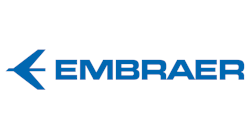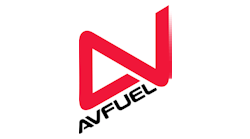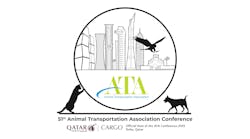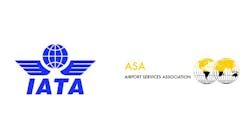Business Aviation’s First Sustainability Summit Highlights Focus Areas for Sustainable Fuels Growth
After a first-of-its-kind sustainable aviation fuels (SAF) summit that concluded today, business aviation leaders committed to redouble their focus on fostering the large-scale production and widespread adoption of SAF.
The summit was the latest in a series of efforts by the industry to encourage greater production and use of SAF, a cleaner-burning fuel that can reduce net lifecycle carbon emissions 50% or more compared to conventional jet fuel, and would help the industry go further, faster in reducing business aviation’s already low carbon footprint.
Specifically, the event focused on the following efforts:
- Encouraging federal and state policymakers to consider legislative incentives to help foster SAF use and working with them to examine whether there are existing policies slowing the development of the SAF market.
- Further development of market-based programs, such as “book-and-claim,” which allows operators to purchase SAF, even where it is not available at the airport from which they are flying.
- Finding ways to further expand the infrastructure needed to meet SAF demand.
The summit gathered operators, legislators, regulators, fuel suppliers and others to determine how best and how quickly the production, supply, demand and use of SAF can be accelerated.
The sessions featured perspectives from government leaders, including Joel Szabat, acting undersecretary for transportation policy, U.S. Department of Transportation; Rep. Rick Larsen (WA-02), chair, subcommittee on aviation, U.S. House Committee on Transportation and Infrastructure; and Kevin Welsh, executive director, office of environment and energy, Federal Aviation Administration. The summit included several major announcements from leading business aviation companies for promoting SAF use.
The organizers thanked platinum sponsors Bombardier Aviation, Embraer, Gulfstream Aerospace Corporation, and gold level sponsor Avfuel, for their generous investment toward the Virtual Summit, and their continued commitment toward this important initiative.
The event was organized by the Business Aviation Coalition for Sustainable Fuel, which includes the Commercial Aviation Alternative Fuels Initiative (CAAFI), European Business Aviation Association (EBAA), General Aviation Manufacturers Association (GAMA), International Business Aviation Council (IBAC), National Air Transportation Association (NATA) and National Business Aviation Association (NBAA).
The SAF Coalition’s work is supported by a steering committee that includes dozens of aviation businesses, representing every point in the SAF development-and-supply chain.
NBAA President and CEO Ed Bolen said, “This summit is about more than fuels — it’s about the future, and the way we think of sustainability in the years to come. Our industry has always had innovation and a pioneering spirit as its cornerstones. We’ve reaffirmed that visionary outlook with this forward-looking set of objectives.”
The summit built upon previous industry initiatives aimed at promoting SAF use, including the first-ever public demonstration in January 2019 at California’s Van Nuys Airport — which highlighted the fuels’ viability, safety and ability to reduce aviation emissions. That demonstration was followed by similar events in Europe and the U.K.
In January 2020, the SAF Coalition announced two new carbon-reduction initiatives with the World Economic Forum that made SAF available for aircraft departing the event in Davos, Switzerland and initiated a book-and-claim program.



